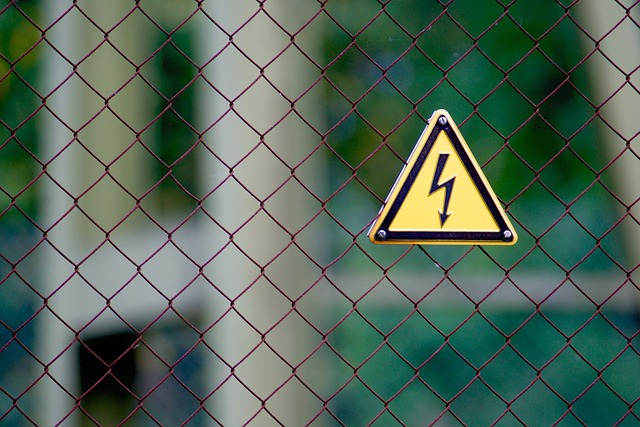Muscle soreness, especially delayed onset muscle soreness (DOMS), is a common post-workout issue caused by microscopic damage to muscle fibers, peaking 24-72 hours later. It aids in muscle strengthening and repair but chronic or excessive soreness can hinder performance. Factors like exercise intensity, duration, unfamiliar training, inadequate warm-ups, and improper recovery contribute. Magnesium kratom, combining magnesium's calming effects with kratom's pain-relieving properties, is a natural remedy for muscle soreness, reducing inflammation, easing tension, and speeding up recovery. Personalized workout routines tailored to individual needs, including a balance of strength training, stretching, cardio, and potentially magnesium kratom supplements, offer optimal recovery and enhanced post-workout performance.
Suffering from post-workout muscle soreness? It’s a common hurdle for fitness enthusiasts, but personalized solutions exist. This article delves into the science behind muscle soreness and introduces an effective remedy: magnesium kratom. We explore how this natural compound can alleviate discomfort, combined with tailored workout routines designed to target specific muscle groups. By understanding your body and incorporating these strategies, you can say goodbye to lingering soreness and optimize your fitness journey.
- Understanding Muscle Soreness and Its Causes
- The Role of Magnesium Kratom in Alleviating Soreness
- Designing Personalized Workout Routines for Effective Relief
Understanding Muscle Soreness and Its Causes

Muscle soreness is a common post-workout experience, often described as delayed onset muscle soreness (DOMS). It typically peaks around 24 to 72 hours after exercise and is caused by microscopic damage to muscle fibers during strenuous activity. This natural response is part of your body’s adaptive mechanism, helping to strengthen and repair muscles over time. However, chronic or excessive muscle soreness can hinder performance and impact overall well-being.
Several factors contribute to muscle soreness, including the intensity and duration of exercise, unfamiliar training methods, inadequate warm-up routines, and improper recovery practices. Magnesium, often paired with kratom for its soothing properties, has gained attention as a potential natural remedy. Both substances are believed to promote muscle relaxation, alleviate pain, and support overall muscle recovery, offering an alternative approach to traditional recovery methods.
The Role of Magnesium Kratom in Alleviating Soreness

Magnesium kratom has emerged as a potential ally in the battle against muscle soreness. This natural compound, known for its calming and soothing properties, offers more than just relaxation. Magnesium is an essential mineral that plays a crucial role in various physiological processes, including muscle function and recovery. When combined with the pain-relieving effects of kratom, it can provide effective relief from post-workout muscle aches and soreness.
The synergy between magnesium and kratom works to reduce inflammation and ease tight, knotted muscles. Magnesium helps relax the body’s tissues, while kratom’s opioid-like properties interact with the body’s pain receptors, blocking discomfort signals. This dual action can significantly improve recovery time, making it an attractive option for athletes and fitness enthusiasts looking to speed up their return to peak performance after intense workouts.
Designing Personalized Workout Routines for Effective Relief

Designing personalized workout routines tailored to muscle soreness relief is an art and a science. It involves understanding the unique needs of each individual, taking into account factors like age, fitness level, and specific areas of discomfort. A well-designed routine should incorporate a balance of strength training, stretching, and cardio exercises. For instance, incorporating magnesium kratom supplements alongside targeted exercises can significantly enhance recovery. These natural remedies work synergistically to reduce inflammation and promote muscle relaxation, making them valuable tools in managing post-workout soreness.
To create an effective plan, consider starting with lighter intensity workouts focusing on dynamic stretches and mobility exercises. Gradually increase the intensity while introducing specific muscle groups for targeting. Combining this with proper nutrition and adequate rest periods ensures optimal recovery. Personalization is key; what works for one person might not work for another, so it’s essential to monitor progress and adjust accordingly.
In light of the above, it’s clear that both understanding muscle soreness and utilizing effective remedies like magnesium kratom are key to achieving relief. By delving into personalized workout plans tailored to individual needs, folks can experience a symphony of benefits, from reduced soreness to enhanced overall fitness. Remember that navigating these strategies can revolutionize how you manage post-workout discomfort, ensuring a more comfortable and enjoyable journey towards your fitness goals.














